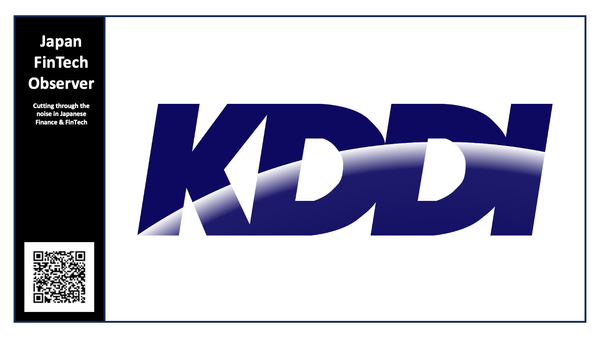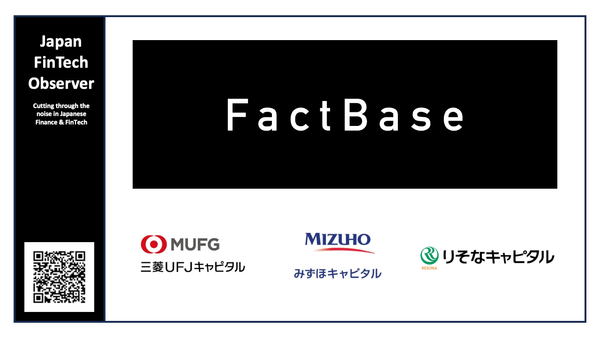LDP's proposal for making cryptocurrency an asset that benefits the national economy

In December 2024, the Liberal Democratic Party Digital Society Promotion Headquarters established a new "web3 Working Group" and started a system in which the experts who have been providing continuous advice from a professional perspective as WG members of the previous web3PT (web3 Project Team) will continue to serve as advisors. The LDP will continue the many reforms that the LDP web3PT has implemented since 2022 and work to strengthen Japan's competitiveness in the rapidly expanding crypto economy.
On December 19, 2024, a joint meeting of the LDP, Digital Society Promotion Headquarters, and the Financial Research Council took place. After hearing from the Financial Services Agency regarding the current state of expanding cryptocurrency transactions and a presentation from the Japan Crypto Asset Business Association (JCBA) regarding the current state of security in the crypto industry, the LDP has compiled urgent recommendations regarding three key points:
- taxation reform,
- review of the regulatory framework, and
- strengthening cybersecurity.
The following is a translation of these recommendations.
The Digital Society Promotion Headquarters has positioned Web3 as one of the growth engines in the digital society and has been advancing discussions through a project team to help Japan lead the development of Web3-related businesses. This year, they published the "Proposal on DAO Rulemaking" and "Web3 White Paper 2024 - Towards an Era Where New Technology Becomes Social Infrastructure."
As a result of these proposals, several developments have already been realized, such as the establishment of an environment necessary for LLC-type DAO establishment and operation, and the amendment of the "Limited Partnership Act for Investment" to enable investment in cryptocurrencies and electronic payment methods issued for business operators through investment limited partnerships.
Additionally, discussions are progressing regarding the creation of a new business category for operators who only intermediate cryptocurrency transactions, distinct from cryptocurrency exchange and electronic payment method trading businesses, as well as the management and operation of reserves for electronic payment methods (stablecoins). The Liberal Democratic Party has undoubtedly led these series of reforms.
Furthermore, as of the end of October 2024, the number of cryptocurrency accounts has exceeded 11 million, with user deposits reaching 2.9 trillion yen. Compared to the situation when FX trading was subject to the former Financial Futures Trading Act in 2005 (approximately 800,000 accounts in 2007), it is evident that many citizens are trading cryptocurrency as an investment target.
To further promote this trend and make cryptocurrency an asset that benefits the national economy, the following measures need to be implemented at present:
Making Cryptocurrency Trading Gains/Losses Subject to Separate Declaration Taxation
Under the current tax system, income from cryptocurrency trading is generally classified as miscellaneous income for personal income taxation and is subject to comprehensive taxation with maximum tax rates (combined income tax and resident tax) of 55%, which is considered stricter compared to other countries.
Considering these points and whether cryptocurrency should be treated as a financial asset for citizen investment, the following should be examined:
- making gains/losses from cryptocurrency trading subject to separate declaration taxation at a 20% rate,
- allowing loss carry-forward deductions from cryptocurrency-related income (for the following 3 years), and
- similarly making cryptocurrency derivative trading subject to separate declaration taxation.
Regulatory Framework for Cryptocurrency
As cryptocurrency is a digital asset subject to price fluctuation, it is actively traded on cryptocurrency exchange platforms and has become an investment target. In countries like the United States, institutional investors' bitcoin holdings are steadily increasing, and major cryptocurrencies are becoming positioned as one of the asset classes for investment.
However, cryptocurrency is not merely an investment target but is essentially a crucial element for blockchain functionality. In the Web3 business, which Japan has been promoting, cryptocurrency use is expanding beyond financial transactions to DAO governance and online game payment methods, with non-financial operators (telecommunication carriers, game companies, art/anime-related businesses) expanding their Web3 operations. It's important to note that regulatory easing of cryptocurrency-related matters may accelerate in the United States.
Currently, while security tokens are regulated under the Financial Instruments and Exchange Act in Japan, the regulatory framework for cryptocurrency is primarily structured around the Payment Services Act, and cryptocurrency is not positioned as a financial product for investment. Given that cryptocurrency can now be positioned as an investment target, from the perspective of promoting cryptocurrency trading and paving the way for separate taxation, it could be considered to legally position some cryptocurrencies as financial products subject to Financial Instruments and Exchange Act regulation, while being mindful of user protection.
However, since Web3 business encompasses not only financial business but various non-financial businesses, discussions should proceed on the optimal regulatory framework while respecting diverse opinions to avoid hindering innovation. Additionally, enabling cryptocurrency ETFs should be examined while considering this positioning as an investment target.
Cybersecurity Initiatives for Making Cryptocurrency an Asset that Benefits the National Economy
Cryptocurrency exchange operators must ensure robust cybersecurity to protect user assets. Currently, each operator complies with relevant laws and implements their own security measures.
However, cryptocurrency has the characteristic of circulating across borders, and there are limitations to securing and strengthening security by individual operators alone. Therefore, it is an urgent task to establish a framework (ISAC: Information Sharing and Analysis Center) for cooperation between operators and internationally, promoting information sharing and coordination regarding security between participating operators and relevant authorities.
There are currently private sector efforts under way to establish a "JPCrypto-ISAC." Through information sharing within the established ISAC and strengthened cooperation with Crypto-ISACs and related coordination agencies in countries like the United States, further improvement of security levels at each operator should be achieved, and the government should strongly support these initiatives.
Please follow us to read more about Finance & FinTech in Japan, like hundreds of readers do every day. We invite you to also register for our short weekly digest, the “Japan FinTech Observer”, on LinkedIn, or directly here on the platform.
We also provide a daily short-form Japan FinTech Observer news podcast, available via its Podcast Page. Our global Finance & FinTech Podcast, “eXponential Finance” is available through its own LinkedIn newsletter, or via its Podcast Page.
Should you live in Tokyo, or just pass through, please also join our meetup. In any case, our YouTube channel and LinkedIn page are there for you as well.




